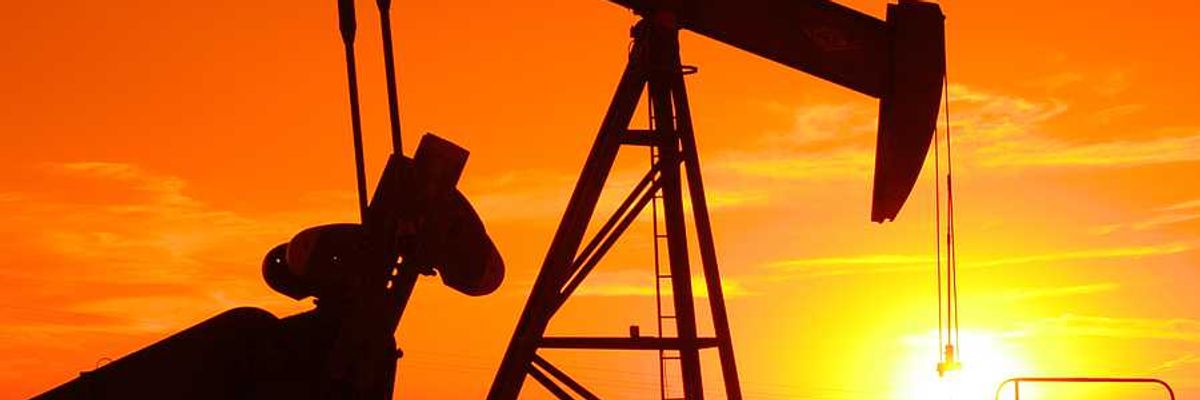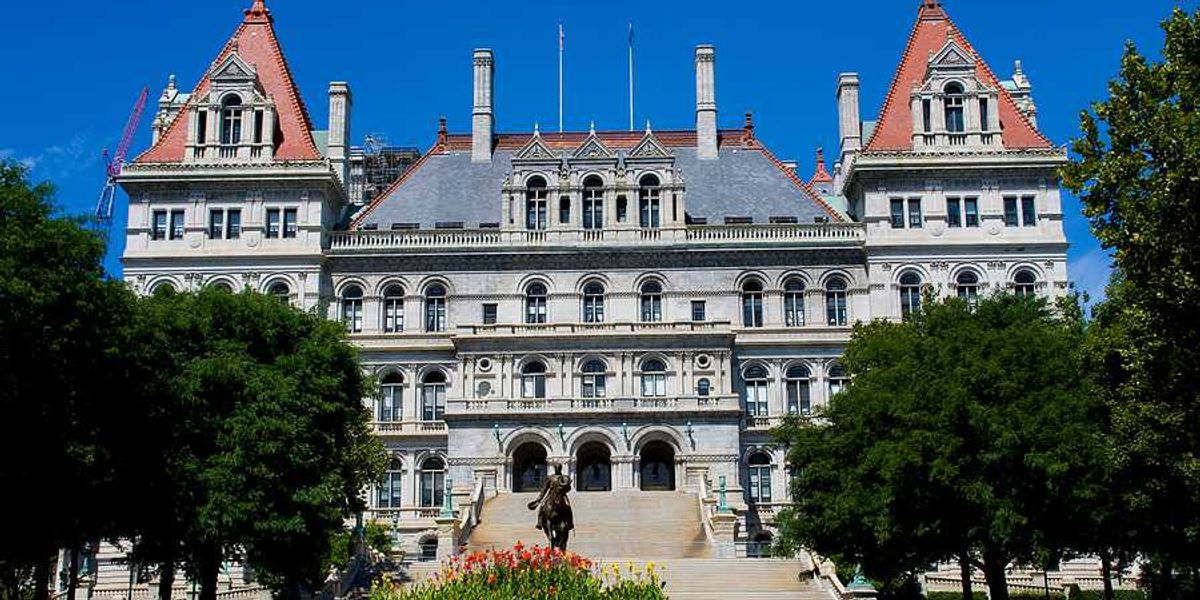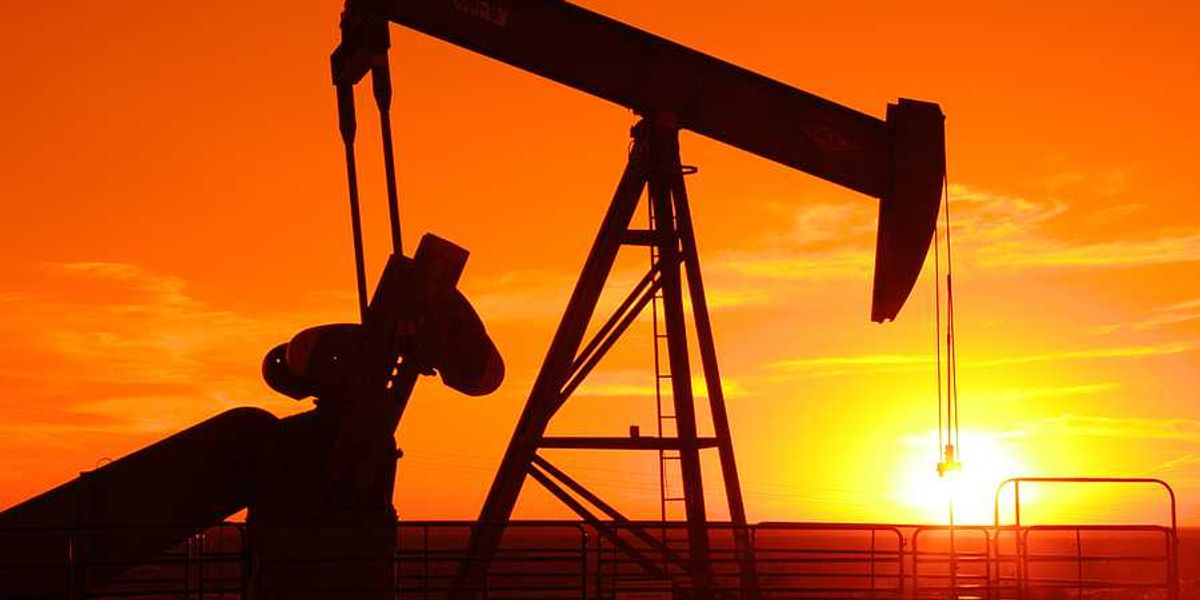colorado
Cowboys and conservationists team up to protect Colorado lands
A coalition of ranchers and environmentalists joined forces to secure a 20-year halt on new oil and gas drilling in Colorado's Thompson Divide.
In short:
- An unexpected alliance of ranchers, cyclists, and environmentalists formed the Thompson Divide Coalition to protect nearly 250,000 acres of land from oil drilling.
- Legal vulnerabilities in existing drilling leases, especially around environmental reviews, helped the coalition challenge the leases.
- The Biden administration issued a 20-year pause on new drilling to allow Congress to consider permanent protections.
Key quote:
“This campaign has done an extraordinary amount of good to right-size the value of public lands, the value of environmental values like historic cultural values on public lands that weren’t getting adequate consideration in the old paradigm.”
— Peter Hart, legal director of Wilderness Workshop
Why this matters:
Efforts like these highlight the power of diverse coalitions in influencing environmental policies. Protecting public lands from oil and gas development is crucial for preserving ecosystems and combating climate change.
Related EHN coverage:
A fire-fueled political shift in Colorado drives sweeping new laws
Kyle Brown, now a state representative in Colorado, leveraged his experience with the 2021 Marshall Fire disaster to enact laws protecting fire victims, transforming state policy.
In short:
- The Marshall Fire in 2021 led the then-city councilmember in Louisville, Colorado, to enter the state legislature, where he collaborated with fire survivors to pass laws addressing insurance delays, mortgage problems and fire-safe rebuilding.
- Survivors, using organized advocacy, guided these bills, resulting in rapid legislative progress that helped fire victims rebuild.
- The laws passed will benefit future disaster victims across Colorado, potentially serving as a model for other states.
Key quote:
“We needed to accelerate the pace of recovery, so I just listened.”
— Kyle Brown, Colorado state representative
Why this matters:
The Marshall Fire recovery efforts show that organized community advocacy can drive significant legislative change. These new laws may set a precedent for disaster-prone regions nationwide.
Related EHN coverage:
Colorado faces persistent ozone pollution despite climate efforts
A combination of wildfires, climate change and geography contributes to frequent ozone pollution in Colorado's Front Range, causing health concerns despite emission reduction efforts.
In short:
- The Denver metropolitan area and Northern Front Range regularly exceed federal ozone standards due to climate change, wildfires and unique geography.
- Ground-level ozone, formed by pollutants reacting with sunlight, poses health risks, especially for those with respiratory issues.
- Efforts to reduce emissions have improved air quality, but wildfires and hotter days challenge further progress.
Key quote:
“We really encourage people to make sure they’re taking all of their cardio-protective medications when the pollution is spiking.”
— Anthony Gerber, director of pulmonary research at National Jewish Health
Why this matters:
Ozone pollution affects respiratory and cardiovascular health, impacting vulnerable populations. As climate change continues, strategies to reduce emissions and adapt to changing conditions are crucial for public health.
Oil drilling project near Aurora homes faces critical decision
The Colorado Energy and Carbon Management Commission is deliberating a plan for significant oil drilling near Aurora, challenging new state regulations aimed at balancing development and safety.
In short:
- The plan involves drilling on the Lowry Ranch property, a former Air Force site, proposing 156 wells over six years, with Civitas Resources seeking to streamline the permit process.
- Environmental groups and residents oppose the project, citing risks such as proximity to the Aurora Reservoir and a Superfund site, which Civitas has agreed not to drill under.
- The 2019 health and safety law reform gave local governments more power over drilling, and the plan’s approval will test the new regulations.
Key quote:
“What we’ve seen is people from all walks of life and various levels of oil and gas knowledge looking at the CAP application and realizing something isn’t right about it.”
— Mike Foote, environmental attorney
Why this matters:
The decision will test Colorado’s 2019 law meant to protect public health while allowing energy development. The outcome could influence future energy projects and the state’s approach to balancing environmental and economic interests.
Colorado lawmakers push EPA to review Utah oil facility pollution permits
Two Colorado legislators are urging the U.S. Environmental Protection Agency to scrutinize pollution permits for Utah oil transport facilities, fearing expansions could harm residents and wildlife across state lines.
In short:
- Colorado Senator Michael Bennet and Representative Joe Neguse have asked the EPA to examine pollution permits for three Utah oil transport facilities.
- The lawmakers expressed concern about potential oil spills impacting the Colorado River, a critical water source for 40 million people and 30 tribal nations.
- They also questioned the effectiveness and enforcement of emission control measures in the permit applications.
Key quote:
“A train derailment that spills oil in the Colorado River’s headwaters would be disastrous to our state’s water supplies, wildlife habitat, and outdoor recreation assets.”
— Sen. Michael Bennet (D) and Rep. Joe Neguse (D)
Why this matters:
The expansion of these facilities could significantly increase the risk of environmental damage from oil spills, threatening water resources and ecosystems across multiple states. Residents in both states have expressed fears about the potential for increased pollution, highlighting the need for a regional approach to environmental management.
Related EHN coverage:
Colorado's clean energy claims face scrutiny over emissions data
Colorado's oil and gas industry claims to produce some of the cleanest hydrocarbons in the world, but questions remain about the validity of these assertions and their impact on local communities.
In short:
- Colorado's oil and gas industry asserts it exceeds greenhouse gas reduction goals, but data verification is challenging.
- Environmentalists argue that despite emission reductions, oil and gas production still significantly impacts air quality and public health.
- Critics highlight the industry's influence in legislative decisions, pushing back against measures to phase out fossil fuel drilling.
Key quote:
“What we need is a transformation to a clean energy system — it’s not enough to make fossil fuel production marginally less polluting.”
— Kathy Mulvey, climate accountability campaign director, Union of Concerned Scientists
Why this matters:
Colorado's hydrocarbon production boasts a relatively lower carbon footprint compared to global standards. Critics remain unconvinced, however. Environmental advocates and community activists point to potential gaps in regulatory enforcement and the real-world effectiveness of touted technologies. Concerns about air quality, water contamination, and the overall health impact on nearby communities persist. Residents in areas close to drilling sites report a higher incidence of respiratory issues and other health problems, sparking debates about the true cost of Colorado's hydrocarbon production.
Colorado Senate dismisses a proposal to halt new oil and gas projects by 2030
A bid to end oil and gas drilling by 2030 fails after a marathon session in Colorado's Senate Agriculture and Natural Resources Committee
In short:
- Despite amendments to soften its impact, Senate Bill 24-159, aimed at ceasing new oil and gas permits by 2030, was voted down by Colorado senators.
- The bill faced strong opposition from both the oil and gas industry and some environmental groups, casting doubt on its viability.
- The proposed legislation sought to reconcile Colorado's aggressive clean energy goals with its flourishing fossil fuel production but was criticized for potential economic and educational funding impacts.
Key quote:
"We get the pollution, and the oil and gas corporations get the profit."
— Sen. Sonya Jaquez Lewis, a sponsor of SB-159
Why this matters:
New oil and gas permits raise concerns among environmental advocates and community members about the potential consequences for air and water quality, as well as the exacerbation of climate change. With the surge in permit approvals, questions arise regarding their impact on Colorado's emission targets and commitments to combatting global warming.
In 2022, Colorado became the first state to ban the use of PFAS in the extraction of oil and gas.









